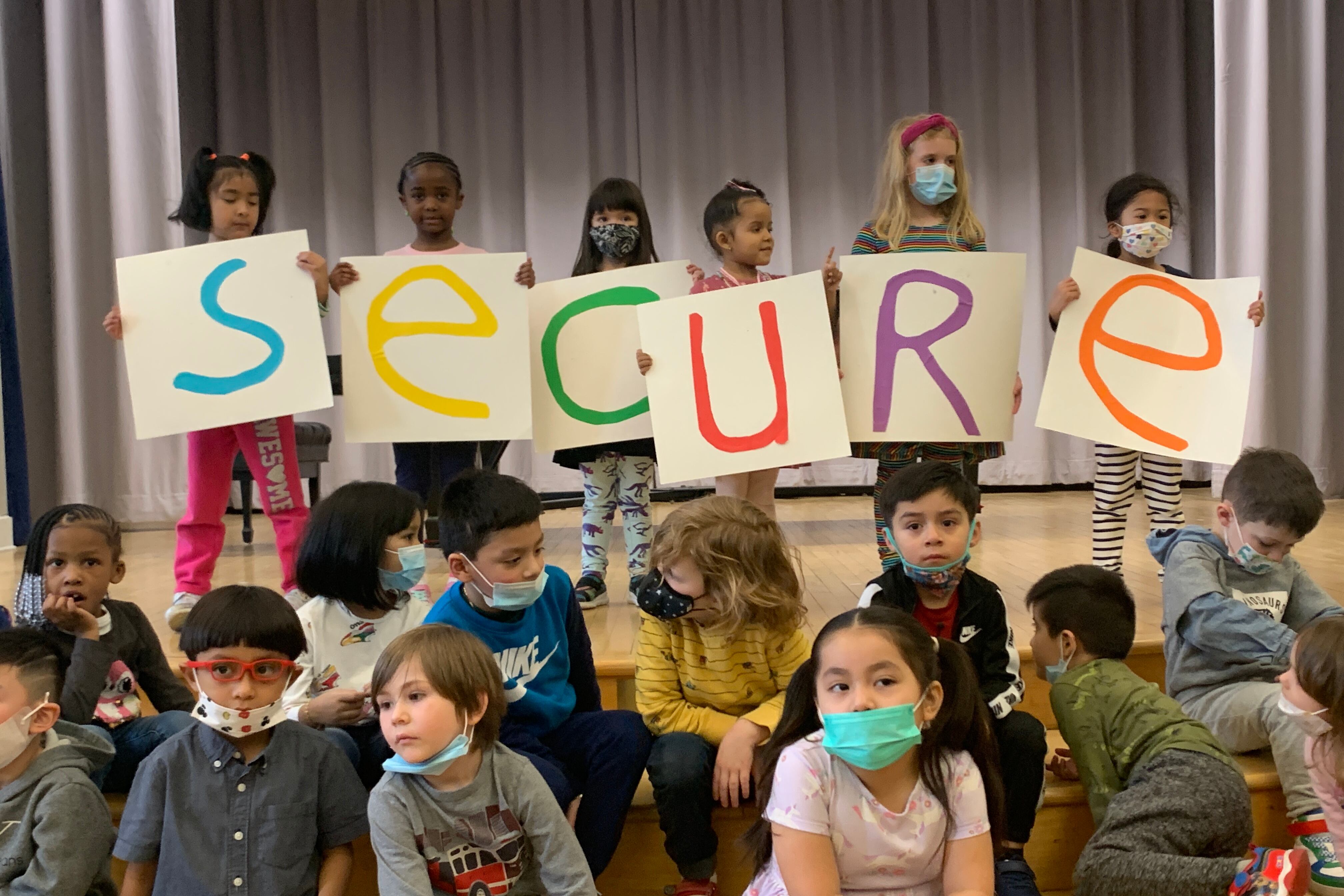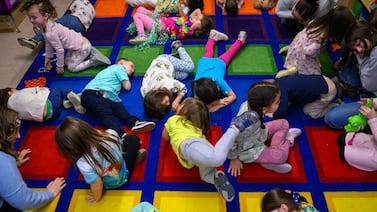A coalition of 61 groups is trying to focus Philadelphia’s mayoral campaign on issues that impact youth, children, and education.
The coalition, called the Kids Campaign, is prodding the candidates to explain in detail how they would achieve a series of objectives. These include attracting teachers to the city by increasing starting salaries, making summer jobs available for all teens, and providing more affordable, high-quality early childhood education seats.
At its launch event Tuesday, the group released the first six of what will be a dozen policy papers that represent the Kids Campaign’s platform. They have titles like “No child in Philadelphia should go hungry or live in poverty,” and “Philadelphia must contribute to solving the climate crisis to ensure a thriving future for our kids.”
For example: To attract more teachers, the group in its policy papers says the district should increase starting salaries, reduce class sizes, and build affordable housing for teachers, among other actions.
The group has sent its platform — the product of extensive research and filled with facts and policy proposals — to the 10 Democrats and one Republican running for mayor. Eight have responded that they are in agreement with the goals, said Donna Cooper, executive director of Children First, a major organizer of the campaign.
But that initial agreement is just a start. Cooper said the organization will be briefing the candidates on their findings, and is expecting responses by March 20 to a detailed questionnaire asking them to describe their strategies to address problems.
“It’s one thing to support the platform and another to say how you will achieve it,” said Cooper. “And that’s really going to be the test for us, whether candidates are serious about supporting the needs of kids.”
The primary is May 16, and winning the Democratic primary is considered tantamount to winning the general election. Democrats have an eight-to-one registration advantage in the city. There’s no clear front-runner in the crowded field to replace Mayor Jim Kenney, whose term expires at the end of this year.
On early childhood education, the group found that 43% of children in the city don’t have access to any publicly funded pre-K, and only 36% are currently in programs considered high quality.
Among the coalition’s policy proposals to deal with that is to set a minimum wage of $17.53 an hour for people working in PHLPreK, one of four Philadelphai subsidized early childhood programs and the only one fully funded by the city. (The program is funded by a tax on sugary beverages that some candidates oppose.)
The group also wants changes to the juvenile justice system to make it more “restorative” and less punitive. As part of that, it wants the next mayor to “direct school board members” to reform how it deals with truancy, especially by addressing “the reasons youth are failing to attend school.” The mayor appoints all nine board members.
According to the coalition’s research, 64% of youth who are in detention are there for non-felony offenses and 71% for a first offense.
“Placing them in institutions doesn’t deter them, it derails them,” said Sharon Ward of the Education Law Center, a member of the coalition. “They disengage from education, quickly fall behind, and are more likely to drop out.”
Plus, she said, there are widespread racial disparities in how the system treats juveniles who have gotten into trouble. Black students are much more likely to be removed from their homes, and Philadelphia, with about 12% of Pennsylvania’s population, accounts for 41% of the juvenile placements in the state.

Among the Kids Campaign’s recommendations is to direct the Department of Human Services to create alternatives to incarceration that are “rehabilitative and restorative.” The coalition also wants “reduce the presence” of school safety officers “so that youth are not likely to be adjudicated for school infractions.”
In December, Philadelphia Superintendent Tony Watlington announced that the district would pay for an increased presence of city police officers near some school buildings. The move was part of his response to ongoing and acute concerns about student safety, amid a gun-violence crisis afflicting the city’s young people.
Cooper, who served as Ed Rendell’s policy chief when he was Philadelphia’s mayor and Pennsylvania’s governor, added that “every day, more parents are signing up to join” the Kids Campaign, and that she expects the coalition to make a difference.
Dale Mezzacappa is a senior writer for Chalkbeat Philadelphia, where she covers K-12 schools and early childhood education in Philadelphia. Contact Dale at dmezzacappa@chalkbeat.org.







